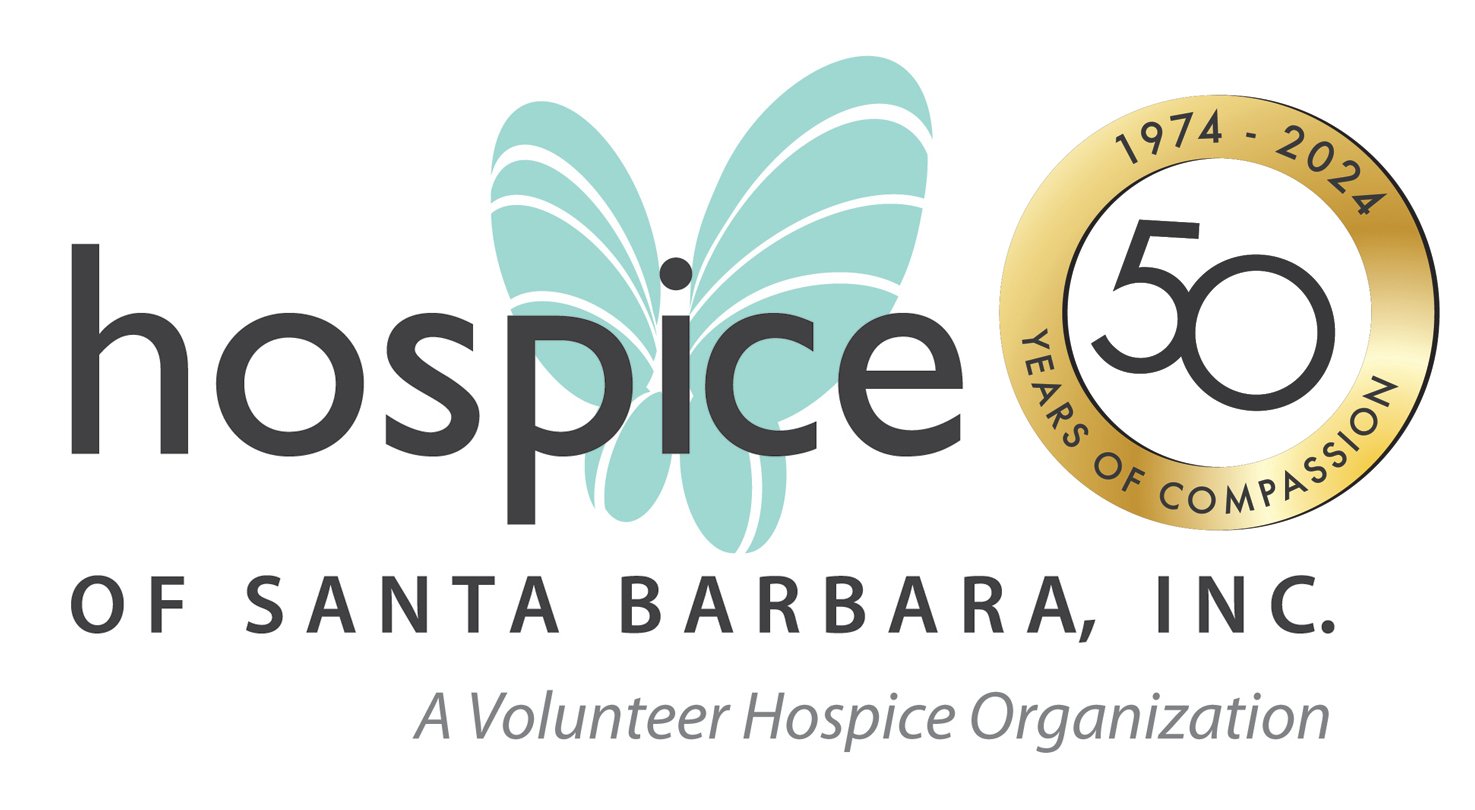by Nelson Hayashida, Spiritual Care Counselor
Grief is needful. I found this to be true in my own experience. When I lost my father, who died suddenly and unexpectedly, my grief allowed me to mourn. In mourning, I learned some things about myself and my dad. Over time, my mourning helped me to heal from grief’s oppressiveness. I still grieve (after ten years!) because I still feel the pain of the losses, like my dad’s smile and handshake, his sense of humor, or the regret I feel, so deeply, that I will never hear him say “I love you.” However, I now know more than when he was alive that he loved me, and loves me still. I no longer feel the sting of his death as I did before. His spirit and mine commune more clearly today. Strange but true.
My relationship with my dad, both before and after his death, informs and guides me into the present moment. It strengthens my resolve to “live as if dying” as I relate to my own son, and daughter, for that matter. I am a better person, for dad’s death has, in a way, purified me of silly phobias and imaginations, of hurts and misunderstandings along the boardwalk of our life together, and to realize the grander picture of our relationship – the human beauty amidst human imperfection. In my dad I see a semblance or reflection of my own potential for beauty amidst imperfection, and in my son I am reminded of his own potential for beauty amidst imperfection, and my son’s freedom to expand and surpass his dad’s own sojourning capacities for beauty and compassion.
Grief brings an opportunity for all of us to change into more whole (as in wholesome, not perfect) persons. We may never overcome grieving completely, but we can grow and benefit from it. We can allow it to, dare I say, change us into better human beings. Wholesomeness because of change!
There is no doubt in my soul, grief over significant loss is an overwhelming assault. It is sheer emotional, mental and physical violence, a powerful blast that renders us feeling zapped from toe to head. It brings us to our knees. Virulent harassment! Insult to injury! For men, grief is a low blow. It feels like an illegal hit. It attacks our iconic male “warrior values” - control, bravado, invincibility.
The diametric opposite to the “warrior values” is cowardice (perceived as weakness). Cowardice, for men, is repulsive. But I sometimes wonder if the” warrior values” are in fact a camouflage for true cowardice: cover-up, weakness and fear. So how do men face the terrifying abyss of grief with honesty? Can men redefine what is courageous and what is cowardice? Devil-aweful pain calls for daily crisis management. So what about it, men?
In grieving, we men are prone to counter with “assaults” and “violence” of our own. It’s our nature. We seek revenge. We clam up more; tearlessly, we bite the bullet. And fight back with…with…well…nasty denial, anger, guilt, blame and silence. Of course, these feelings are to be affirmed and allowed their time in the sun. Grief experts tell us to lean into grief, not run from it. They say to embrace the devil-aweful pain by yielding to it. In yielding to grief, we bring down false bravados, to a new and less intense level of feeling, setting an amenable rhythm for healing and change. When men yield, and become weak, risking vulnerability - embracing grief no less! – we open the vent for fresh air, a potentially heightened awareness of opportunities and of who we can become (beingness). Using our woundedness (weakness as strength, not cowardice), we now are enabled to launch a trek toward spiritual purification, and in the journey, find healing from the pain of denial, anger, guilt, blame and silence.
COURAGEOUS CHOICES, COURAGEOUS JOURNEY!
COURAGEOUS MOMENT!
CHOICES, JOURNEY, MOMENTS OF THE HUMAN SPIRIT.
Nelson Hayashida will lead a Men’s Grief & Spirituality group for men to join other men in grief as the group searches for meaning and expression of loss. It will be held from 10 a.m. – Noon on Mondays from April 3 to May 8.
To learn more about how to register for our upcoming grief support and community education groups, such as Men’s Grief & Spirituality, please contact the intake coordinator at (805) 563-8820 ext. 110.
All groups are free of charge and donations are gratefully accepted. Please note: space is limited and groups are subject to cancellation based on low registration. Registration must be completed with HSB prior to group participation. No drop-ins please.


